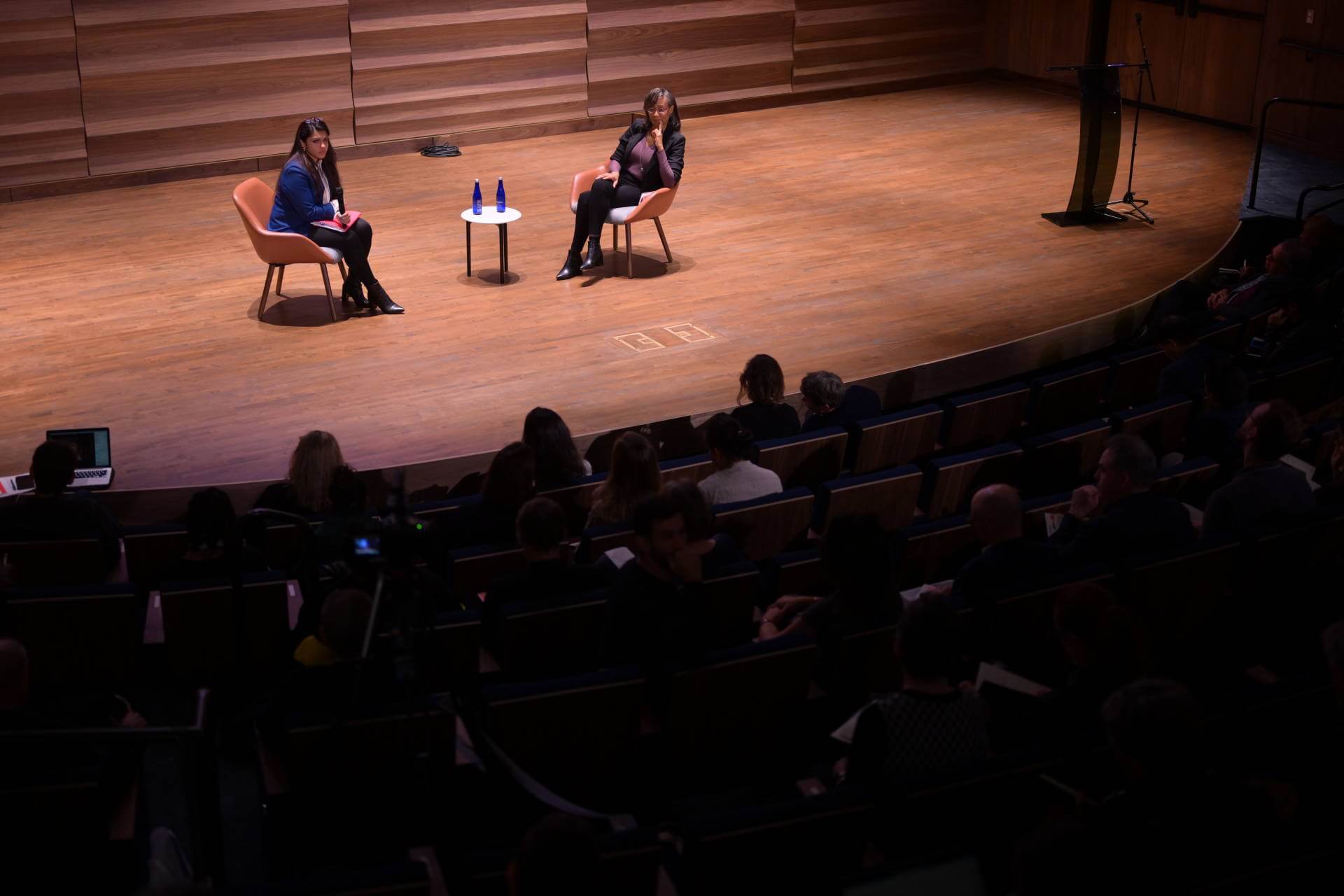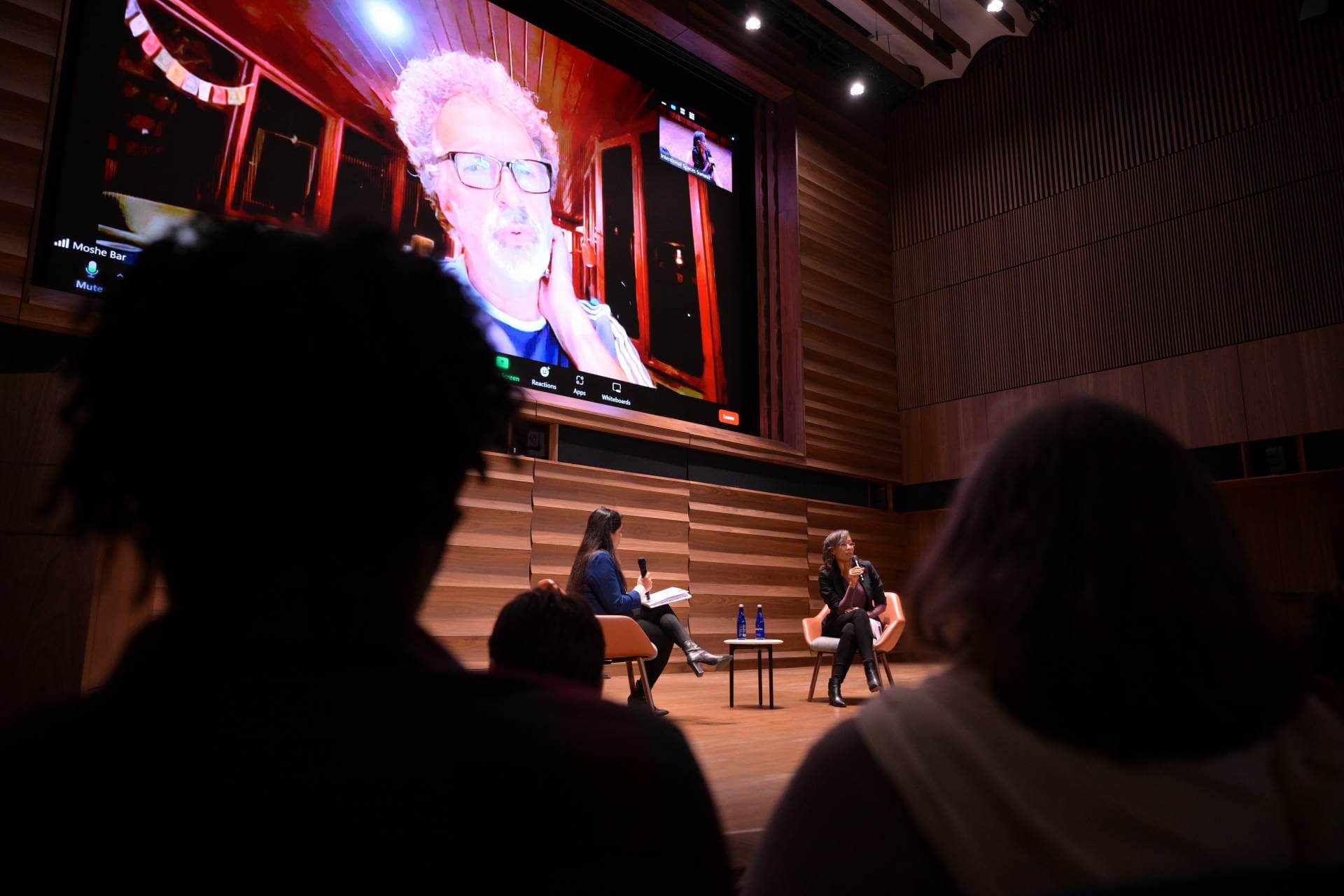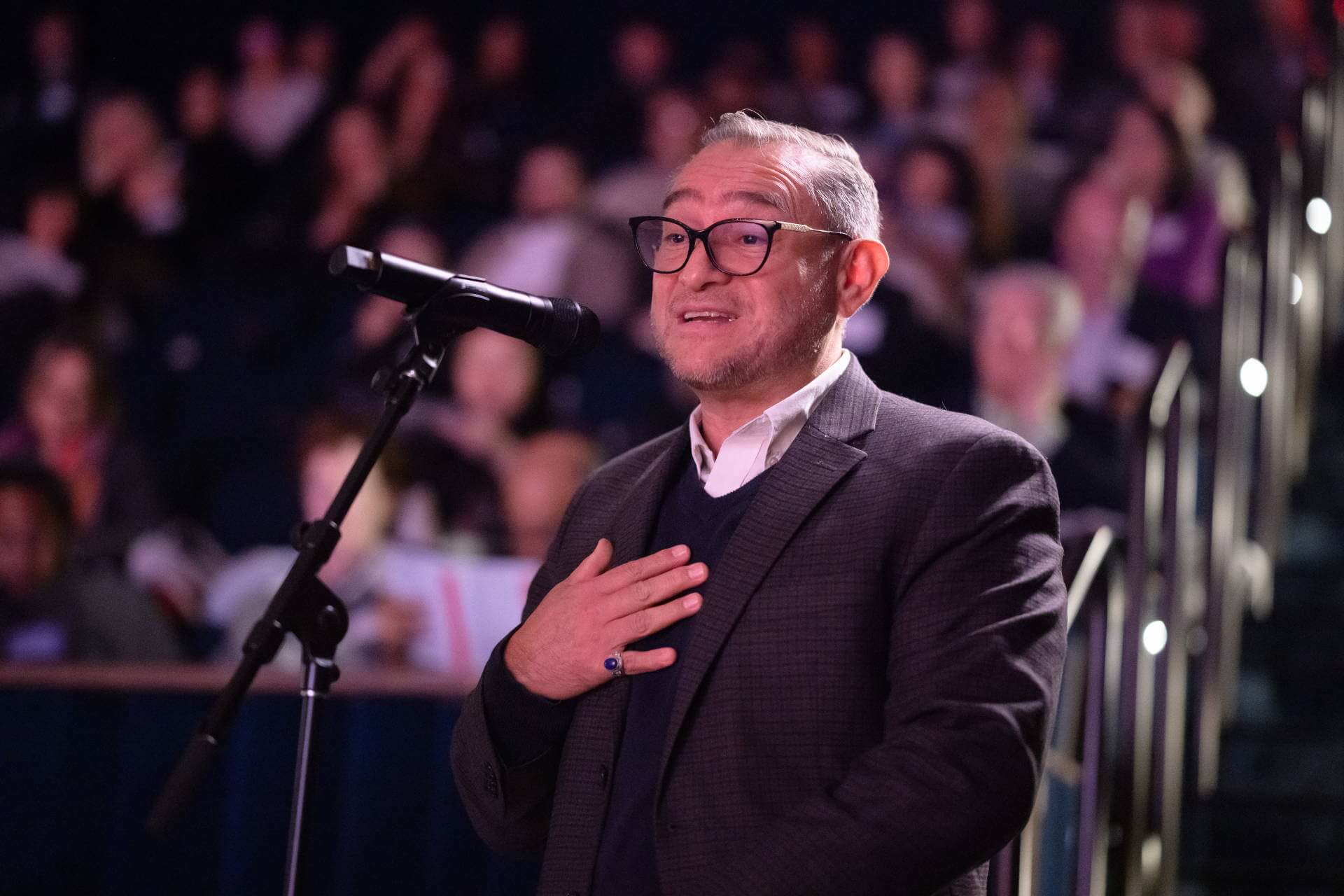The non-neutrality of design
Firstly, the assertion that “Design is not neutral” resonated throughout the discourse. The panelists dissected dichotomies prevalent in design practice, such as energy-intensive versus energy-efficient, inclusive versus exclusive, accessible versus hostile, and flexible versus rigid. Emphasizing the non-neutral nature of design, Dr. Bar highlighted the profound influence of space on our state of mind and vice versa. To craft intentional spaces, designers must be cognizant of decisions that uphold human dignity and foster processes elevating human potential.
Places over spaces
Secondly, a significant emphasis was placed on the preference for “places” over mere “spaces.” The speakers argued that spaces can be sterile dimensional volumes, while places possess a personal and cultural significance. Beyond physical dimensions, places evoke memories, joy, and laughter, fostering intimate connections between individuals and the built environment. Designers were urged to prioritize sensory experiences, emotions, and diverse responses to a place in various situations, thereby enhancing the human experience of the spaces they create.
Design and human experience
Lastly, the discourse underscored the transformative power of design in shaping human experience. The panelists emphasized the pivotal role of design in health-related contexts, urging a shift from merely preventing disease to actively promoting health, well-being, and human thriving. Zena Howard introduced the concept of “spatializing memory,” advocating for the integration of personal memories into the built environment to contribute to the cultivation of places that authentically reflect our identities.



